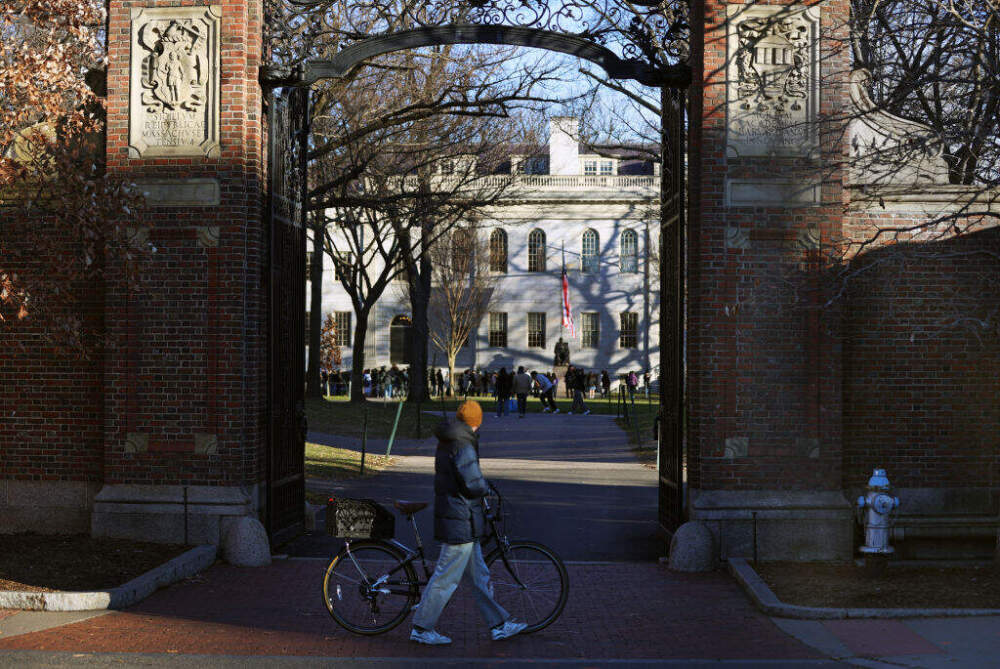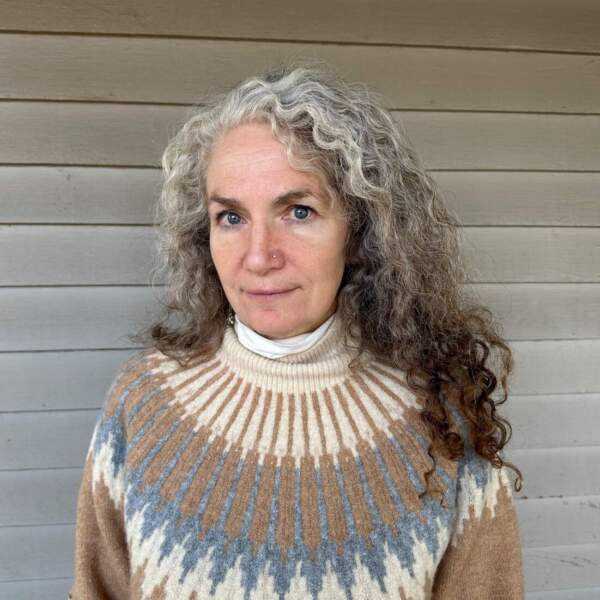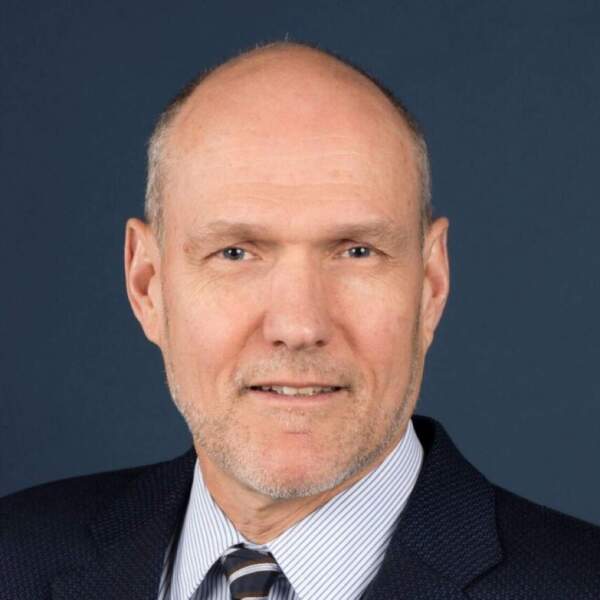Advertisement
Commentary
Claudine Gay deserved better than this. So did Harvard

The precipitous resignation of Claudine Gay, sets a dangerous precedent for higher education. Autonomous, self-governing universities are a critical element of a vibrant, thriving democracy that welcomes multiple competing viewpoints and responsible debate. History teaches us that enemies of pluralistic societies — enemies, that is, of democracy — have little tolerance for independent universities. Or, indeed, independent thought. This is why autocrats from Russia to Hungary to China routinely restrict what academic scholars can do or say.
Claudine Gay appeared to survive the flurry of opposition that arose after her testimony before Congress in early December. Her resignation earlier this week came amidst a steady onslaught of allegations of plagiarism dug up by opponents — inside and outside the university — determined to force her out.
Even if the allegations of scholarly misconduct were serious enough to have warranted her eventual resignation, caving to public pressure was not the right way to proceed. Nor was brushing off (or trying to suppress, as some have alleged) those allegations at the level of the governing board, the Harvard Corporation.
Together, our combined years at Harvard number more than 40. And we have seen cases like this before. The university provost, who can act on the president’s behalf — when the president has to recuse themselves — should have been allowed to convene a university committee to conduct a thorough investigation and reach a reasoned conclusion based on established principles of academic conduct. Some mistakes will permanently tarnish a scholar’s reputation and disqualify them from academic leadership, and other mistakes are less severe. Harvard has procedures for ascertaining the difference between unfortunate error and research misconduct.
[I]nstead of making a decision based on established principles, we watched silently as our president was publicly belittled and berated.
But instead of making a decision based on established principles, we watched silently as our president was publicly belittled and berated. Instead of consulting scholars in her field who could speak to the importance and originality of her research, the world tuned in to social media accounts spewing spiteful derision. Instead of following established university procedure, the governing board — a body to which faculty do not have any kind of regular access — carried out a mysterious ad hoc review of the charges against Gay, using undisclosed methods. Members of that body also met with a select group of self-appointed advisors, reportedly to discuss the broader intellectual climate on campus.
This informal, selective, and opaque approach did not provide President Gay with meaningful institutional support or the public with a rigorous and fair-minded evaluation of the charges against her. In so doing, Harvard also denied itself the opportunity to make a carefully considered judgement and thereby demonstrate its abiding commitment to academic integrity.
Claudine Gay deserved better than this. And so did Harvard. We cannot cede the responsibility for upholding our own standards of conduct to outside forces — not to politicians, not to donors, not to anyone.
Protecting the independence of colleges and universities is paramount because these institutions play an essential role in a free society. Universities like Harvard are protected from market pressures and government control by their endowments, and senior faculty enjoy the intellectual freedom provided by lifetime tenure. These conditions allow members of a university community to weigh in on controversial issues without regard for the bottom line — unlike experts at think tanks that depend on soft money from sympathetic donors or foundations. In a democratic society, no other institution is as well equipped to protect its members’ freedom to say what they think without the immediate fear of losing their livelihood.
[A] university’s unique ability to contribute to democratic discourse does not mean that it should express an official position on controversial social or political issues
This unique role is essential to the development and pursuit of sound public policy. Why? Because everyone makes mistakes, and no political actions should be exempt from careful scrutiny and reasoned dissent. As a society, we are more likely to make intelligent policy decisions if we can debate them openly and honestly beforehand. We are more likely to correct past errors if critics can safely point out when something isn’t working and it’s time to consider something new. America is especially fortunate to have hundreds of independent colleges and universities, which ensures that research can pursue many different lines of inquiry and scholars with widely differing views can find a secure academic home in which to do their work.
To be clear: a university’s unique ability to contribute to democratic discourse does not mean that it should express an official position on controversial social or political issues, save for those that directly affect its ability to pursue its main mission: the production and dissemination of knowledge. That includes Harvard. Individual faculty and students should be free to express their views on any subject they wish—such as the tragic events in the Middle East on October 7 and after—but the university as a collective body should not bow to pressure to pick a side.
As the University of Chicago’s Kalven Report noted back in 1967, in another era of heated political and social controversy: “the instrument of dissent and criticism is the individual faculty member or the individual student. The university is the home and sponsor of critics; it is not itself the critic.” The ability of faculty and students to think independently and report what they have concluded will be diminished if the university or its leaders declare an “official” position on a particular issue, or if politicians, donors, or other external parties are able to sanction scholars and students for saying what they think. At the same time, universities must not attempt to protect their members from legitimate and substantive criticism, for that is how scholarly errors are exposed and corrected.
Regrettably, in this case, defending the independence of a university as a bastion of free and open inquiry was abandoned in an attempt to appease Harvard’s critics and bring the attacks on the integrity of the president and institution to an end.
But whatever advantage was gained in the short-term may be lost in the long term. Whether Gay should have remained in her post or resigned is not the issue. The more fundamental issue is that this decision should have been made after a fair-minded and transparent inquiry into the allegations made against her, and not in response to a politically motivated pressure campaign.

